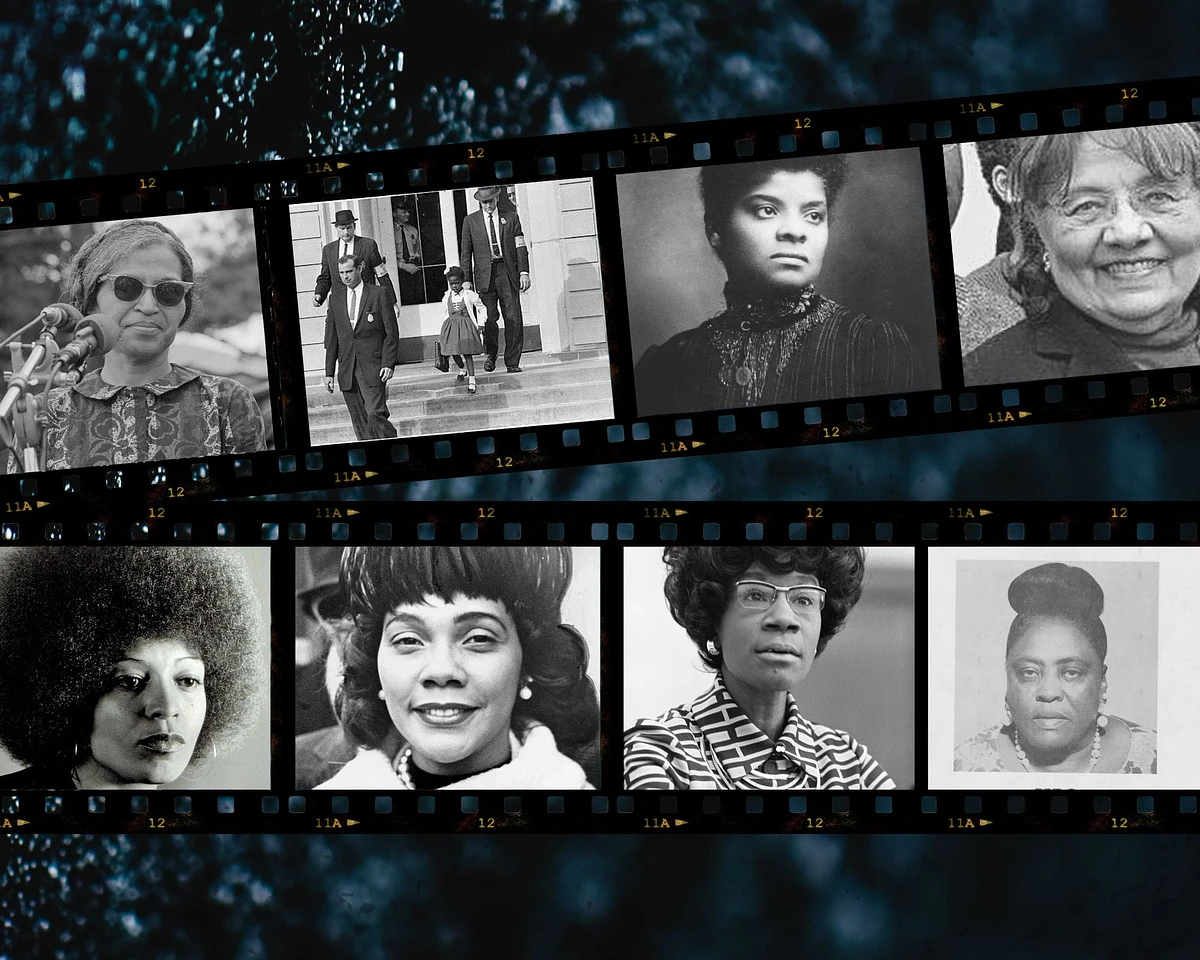The following story was written by Carrie Hutnick, who is the associate director of community-based learning at Drexel University’s Lindy Center for Civic Engagement.
The Dr. Martin Luther King Jr. Day of Service is Jan. 16, and Drexel University’s Lindy Center for Civic Engagement will be offering programs all week that highlight Black feminist leaders of the civil rights movement and the progress shaped by them.
For the past three years, we have used this week to enhance our Drexel community’s knowledge, engagement and reflection about Dr. King’s views and actions that have become memorialized, and ask what learning about his work might mean to our community engagement efforts today. We hope to go above and beyond what is typically shared about Dr. King surrounding the Day of Service and uplift what his work challenges us all to understand about our society, our communities and ourselves; then consider what his example and analysis challenges us to do to work towards goals of justice.
In 2021, we held events and distributed materials that further explored writing and teachings discussed by Dr. King for an understanding of him not only as a figure but as a scholar, an educator and an activist. In 2022 we offered resources and events that highlighted the Beloved Community, a concept supported by both Dr. King and aligned educators like bell hooks.
This year, we will highlight Black feminist leaders who were fundamental to efforts and gains of the Civil Rights movement yet often overlooked or underrepresented in conversations about it. We hope it will lead to reflections on the importance of intersectionality when engaging with civic issues, as well as discussions about whose stories are told or acknowledged as integral to historical periods of social change.
Jennifer Yusin, PhD, director of Drexel’s Women and Gender Studies Program and associate professor in the College of Arts and Sciences, said: “We ‘highlight’ women of color of feminisms and activisms so we learn of the ways so many of the positions and privileges we assume and take for granted to be a ‘right’ are a result of their experiences, courage, and commitments to social and political transformations. We ‘highlight’ women of color feminisms and activisms so we no longer need to keep asking ‘why highlight Black feminism and Black feminist civil rights leaders?’ We do so because it’s necessary and because we know of the indispensable ways our lives are woven — in visible and invisible ways — together.”
Each day, the Lindy Center will highlight the below themes through in-person events and on their social media (on their Facebook, Twitter and Instagram accounts):
Tuesday, Jan. 17: Writing/Narrative & Educational Approaches to Change — Ida B Wells, Septima Clark, Ruby Bridges
- EVENT: Reading discussion of a chapter from “Hands on the Freedom Plow: Personal Accounts by Women in SNCC" from 12–1:30 p.m. at the Lindy Center.
Wednesday, Jan. 18: Voting & Political Change — Fanny Lou Hamer, Shirley Chisolm, Diane Nash
- EVENT: Civic Engagement Consults at the Lindy Center for students seeking civic engagement opportunities from 1–3 p.m.
Thursday, Jan. 19: Collective Action & Organizing — Rosa Parks, Angela Davis, Ella Baker
- EVENT: Movie screening of “The Rebellious Life of Mrs. Rosa Parks” from 5:30–8 p.m. at the Lindy Center.
Friday, Jan. 20: Economic & Resource Justice — Coretta Scott King- Intersections, Connections, Interdependence



